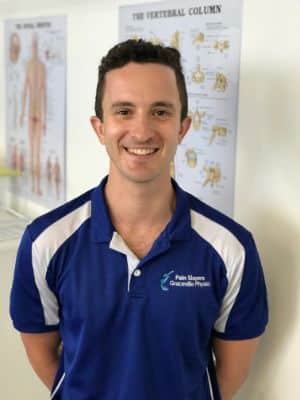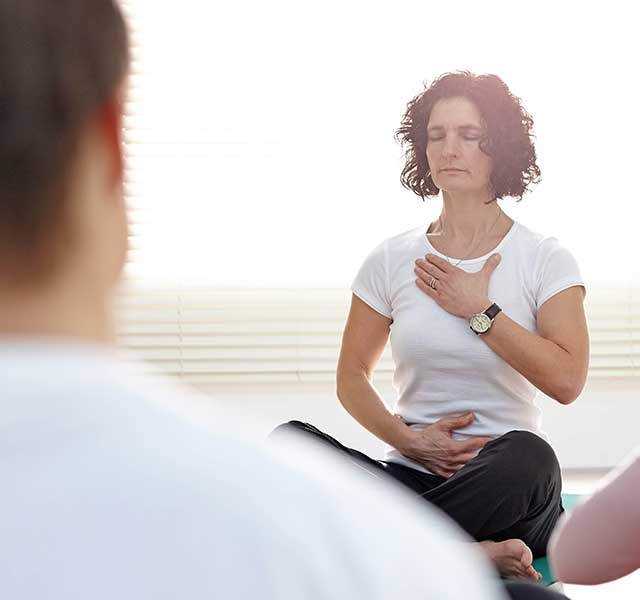June Newsletter

Meet our new team member Joni Levine
Joni graduated from the University of Queensland in 2015 with a Bachelor of Physiotherapy (hons.) and has been working in musculoskeletal private practice ever since. This month he completed his Masters of Musculoskeletal Physiotherapy at the University of Queensland and we are now thrilled to have Joni join the Pain Slayer team here at Graceville Physiotherapy.
Joni has always had a passion for sport, playing soccer and tennis when younger and now enjoying keeping active by cycling and running with his wife Rachel. It was his keen interest in sport and keeping active that ignited his passion for physiotherapy. Joni enjoys seeing a wide array of patient presentations, but has a particular interest in running-related injuries and chronic pain presentations. He applies his extensive knowledge of pain and movement into his treatment plans, with a particular emphasis on education and self-management, advocating for manual therapy in combination with exercise therapy.
Appointments available
We have same day appointments available. We also offer early and late appointments.
Saturday appointments
Convenient Online Bookings
Call (07) 3278 1186.
Health fund rebates avail.
Chronic Pain – Sports Injuries – BPPV/Vertigo – Respiratory Physio – Work Injuries – Back & Neck Pain – Women’s Health – Strenght & Balance – Pregnancy Physio – Remedial Massage – NDIS Physio- Home Visits
………………………………………………….
Joni is available for appointments on the following days
Monday – Wednesday – Friday afternoons and Saturday mornings.

- Breathe in through your nose for a count of 4 focussing on the air going down into the lower part of your chest and belly. Then hold this breath for a count of 2
- Slowly exhale through your nose for a count of 6 and then hold the out breath for a count of 2.
- Repeat this 10 times.
- If you become light headed return to slow relaxed breathing. After the 10th breath relax your breathing for a minute or so and then repeat the above again.
- Do this 3 times and then try to do this 4 times in a day.
Remedial Massage
Our massage appointments are available Monday, Tuesday and Wednesdays. Tight or aching muscles after a weekend of exercising? – A remedial massage will help release and relieve tension. Our massage therapists Jeannette will look after you.
Dry Needling
- Back and neck pain
- Headaches & Chronic Pain
- Elbow & wrist tendonitis in tennis & golfers elbow
- Rotator cuff problems (shoulder)
- Foot & ankle problems such as Achilles tendonitis
Dry needling is performed by our Physios who have gained the extra qualifications necessary to practice Dry Needling. Dry Needling is used primarily for decreasing muscle tightness & spasm, pain relief, correct activation of muscles & muscle relaxation
Need a Massage?
Did you know that if you refer a friend to the clinic we would love to reward you! | If they let us know they have been referred by you we will give you a half hour free massage as a thank you!
